Join actor John Hodgman, poet and physician Rafael Campo, poet Jane Hirshfield, and couples, young and old, as they unpack William Carlos Williams’s plum of a poem.
Interested in learning more? Poetry in America offers a wide range of courses, all dedicated to bringing poetry into classrooms and living rooms around the world.
by William Carlos Williams
I have eaten
the plums
that were in
the icebox
and which
you were probably
saving
for breakfast
Forgive me
they were delicious
so sweet
and so cold
I have eaten
the plums
that were in
the icebox
and which
you were probably
saving
for breakfast
Forgive me
they were delicious
so sweet
and so cold
”This Is Just to Say” by William Carlos Williams, from THE COLLECTED POEMS: VOLUME I, 1909-1939, copyright ©1938 by New Directions Publishing Corp. Reprinted by permission of New Directions Publishing Corp.
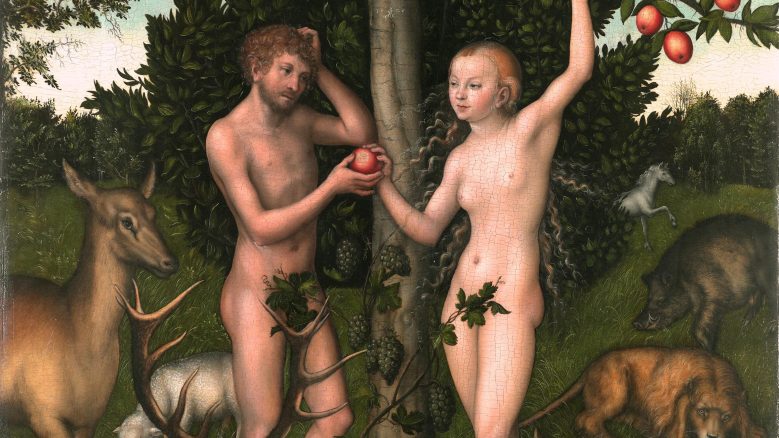
“Actually, when you think about it, the entire Judeo-Christian tradition—and all our woes—begin from a moment in which a married couple have a dispute about eating fruit.” James Simpson, Professor of English at Harvard University, contextualizes Williams’ poem within the Biblical story of Adam and Eve. After eating fruit from the tree of the knowledge of good and evil, Adam and Eve were exiled for their transgression from the beautiful Garden of Eden. Courtesy of The Samuel Courtauld Trust, The Courtauld Gallery, London
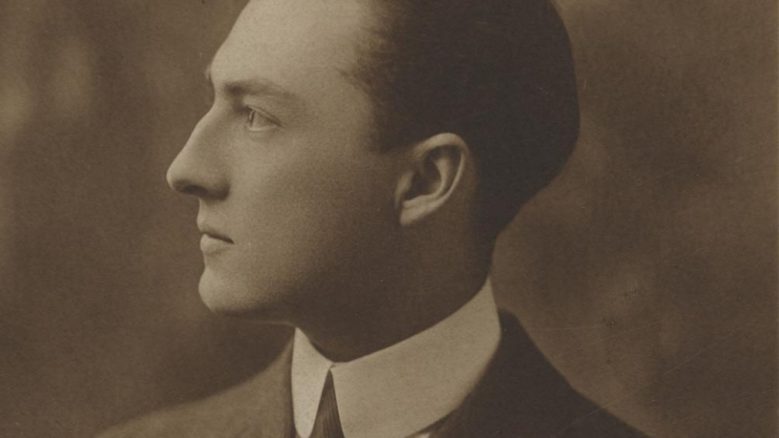
William Carlos Williams, born 1883, was an American poet, essayist, novelist, and playwright. He also, remarkably, was a physician: after studying medicine at the University of Pennsylvania, he maintained a private practice for 40 years in Rutherford, New Jersey, where he had grown up. The careful and honest observation that goes into the work of a doctor is very much evident in the insightful candor of his poetry. Courtesy of the Yale Beinecke Rare Book & Manuscript Library
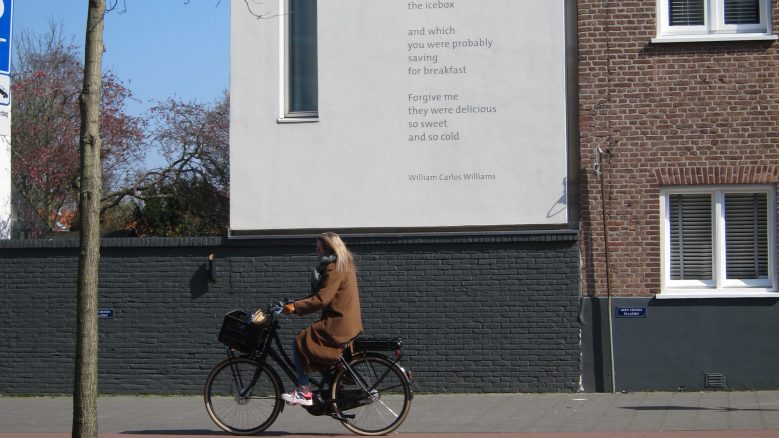
Comedian and author John Hodgman wonders how the text of American poet William Carlos Williams’ “This is Just to Say” came to be written on the side of a building in Leiden, the Netherlands. “I was like, why? We have centuries of Netherlandic poetry we could put up there. But let's get this one about the cold sweet plums. It really speaks to the universality of this poem.” Courtesy of Arie den Dulk
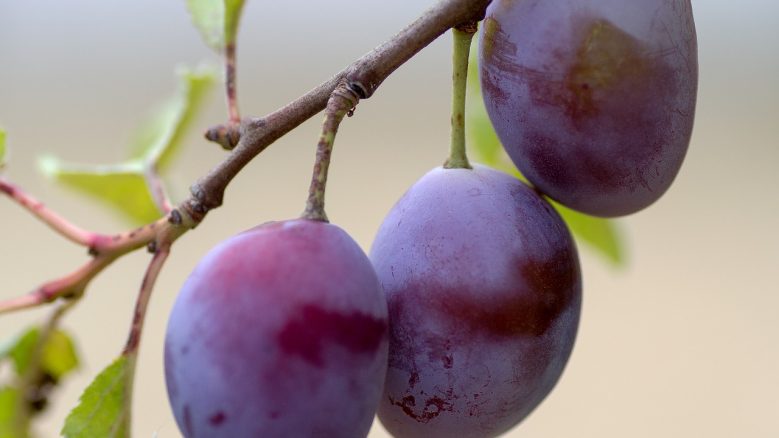
James Simpson, discussing the poem with his wife Luisella, thinks about the meeting of form and meaning in Williams’ poem: “I took the three stanzas to be the plums. I understand there to be three plums and each stanza is one rounded plum. He strips it of virtually anything but the simplicity of a plum.” Image courtesy of Pixabay
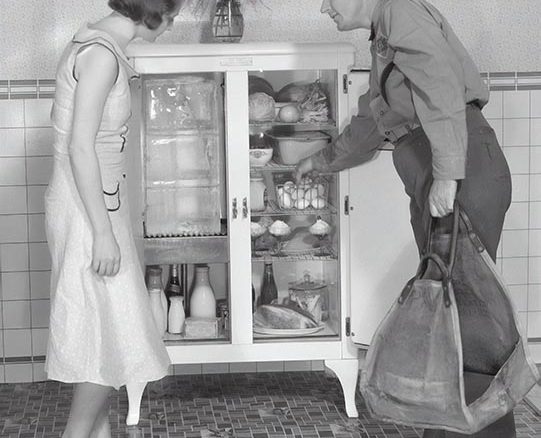
“I have eaten / the plums / that were in / the icebox,” begins Williams’ poem. Elizabeth Reis, Professor at City University of New York, wonders about the emotional resonance of the image of the cold icebox: “Would it be the same if you said, I've eaten the plums that were on the counter? There's something chilling about ‘icebox.’” Courtesy of the David E. E. Sloane Collection